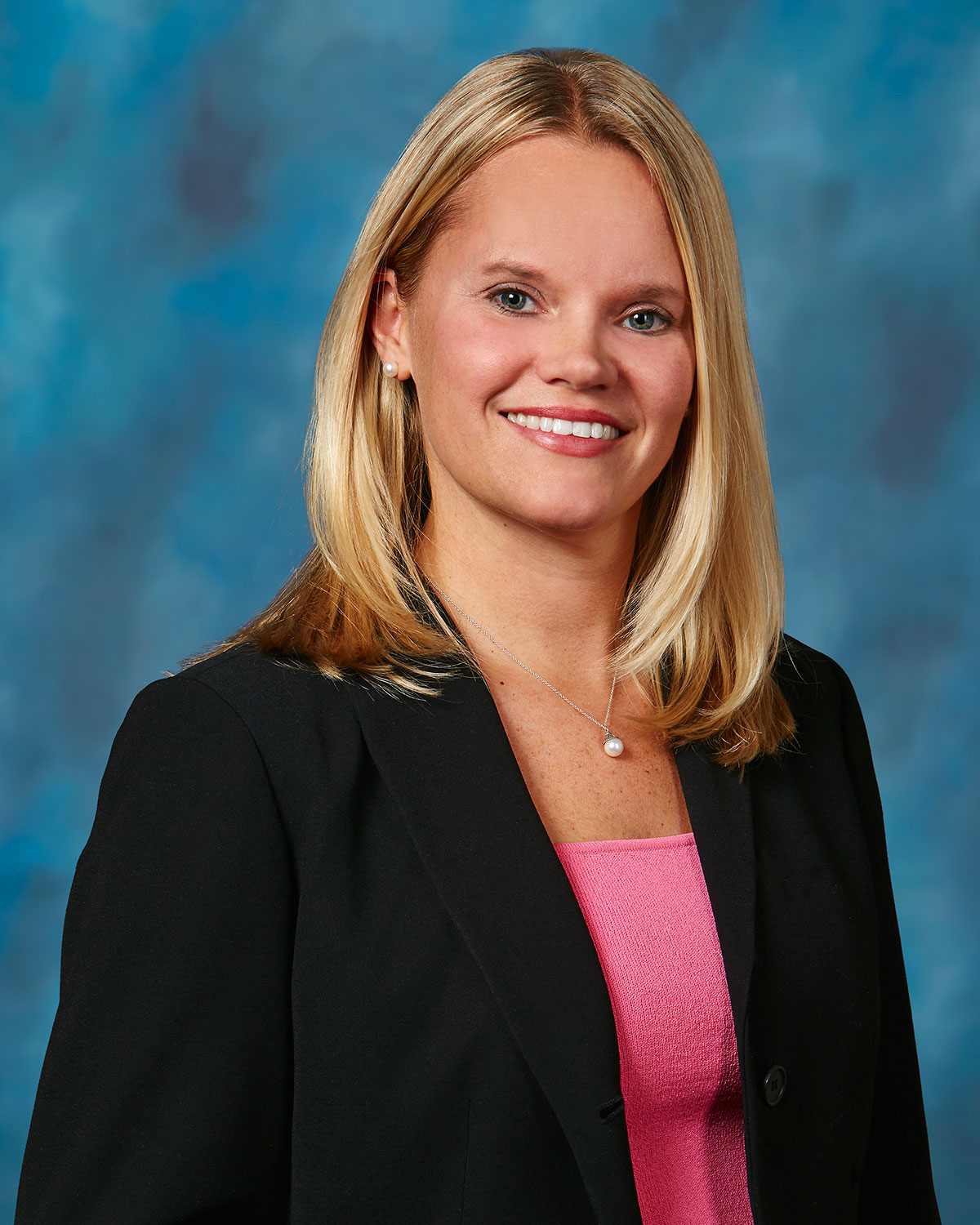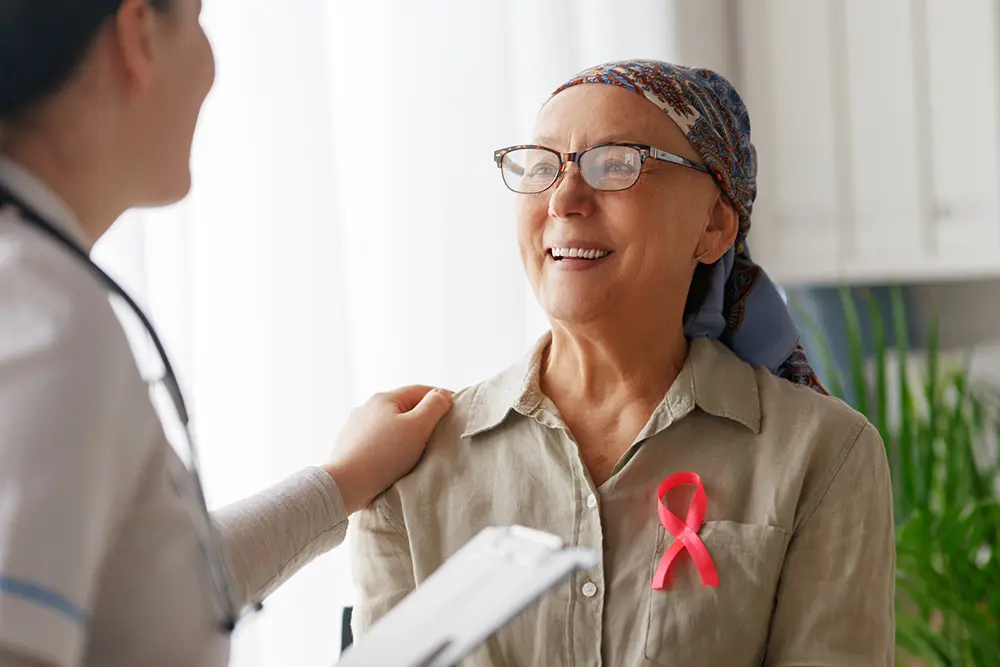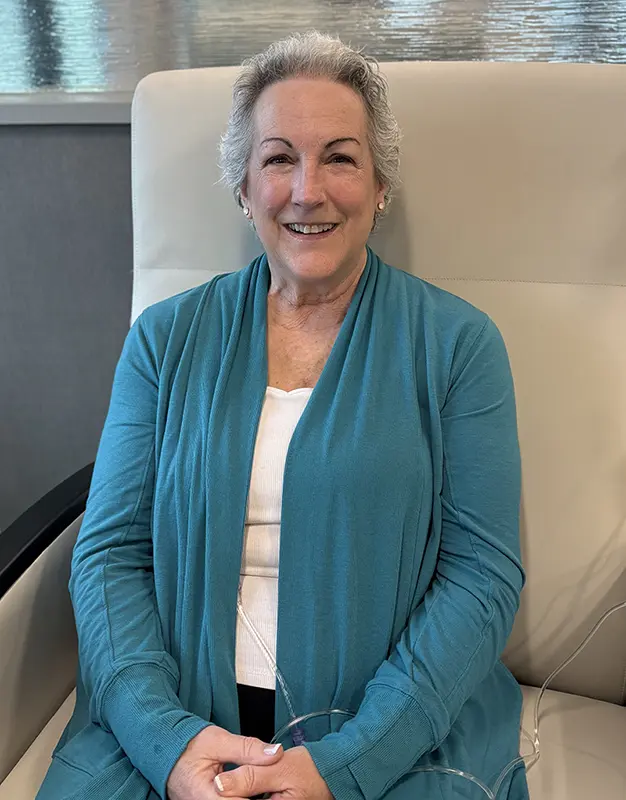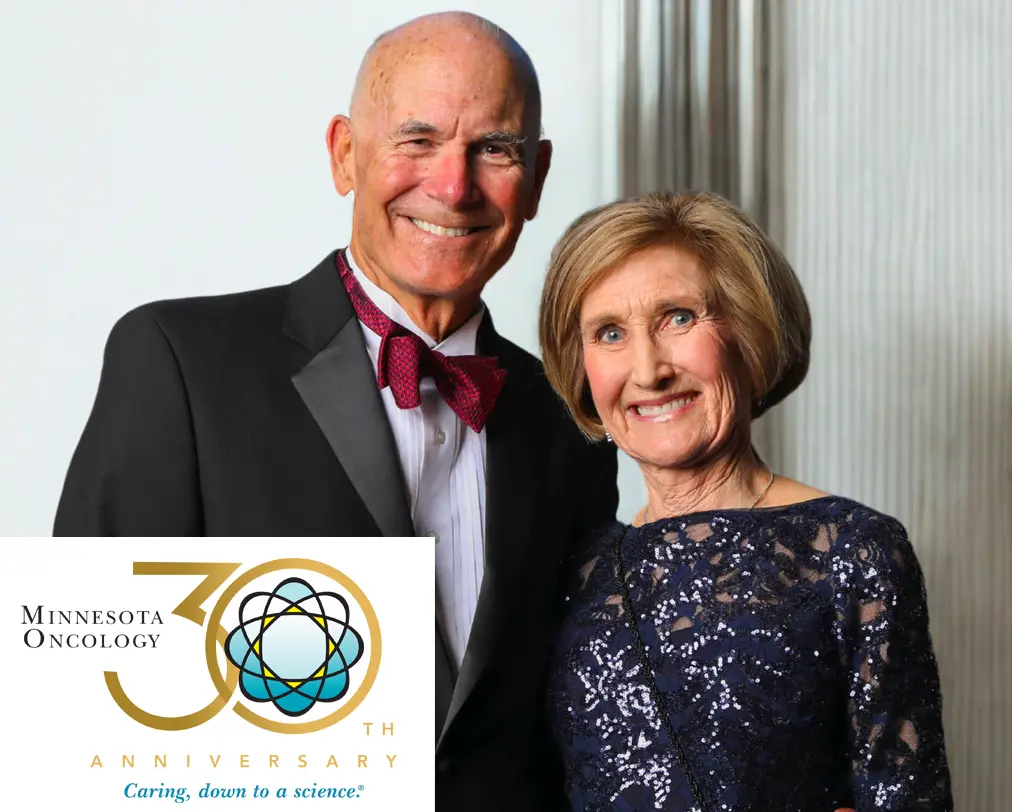 Minnesota Oncology is pleased to announce the addition of Sara Torgerson, D.O. to the Medical Oncology & Hematology practice at the St. Paul Cancer Center beginning today.
Minnesota Oncology is pleased to announce the addition of Sara Torgerson, D.O. to the Medical Oncology & Hematology practice at the St. Paul Cancer Center beginning today.
“It is a privilege to care for my patients and of utmost importance to appreciate their unique circumstances. I endeavor to provide compassionate, patient-centered care while offering the latest evidence-based medical treatment,” says Dr. Torgerson.
Dr. Torgerson received her medical degree from Des Moines University College of Osteopathic Medicine. She completed a residency in internal medicine and a fellowship in medical oncology & hematology at the Medical College of Wisconsin, Milwaukee. Dr Torgerson also holds a Bachelor of Science degree from The College of William and Mary, Williamsburg, VA. Her areas of special interest are breast cancer, lung cancer, solid tumors, and blood disorders.
She has presented at regional meetings as well as international lung cancer conferences and has written several peer reviewed articles, including a recent review on supportive care for pancreatic cancer patients.
In her spare time, Dr. Torgerson says she enjoys being with her husband and two young children, Charlotte and Christian. "I also love downhill skiing and water sports," she says. "In the summer my favorite getaway is the family’s lake cabin in Wisconsin."
Appointments can be scheduled with Dr. Torgerson at the St. Paul Cancer Center by calling (651) 251-5500.



